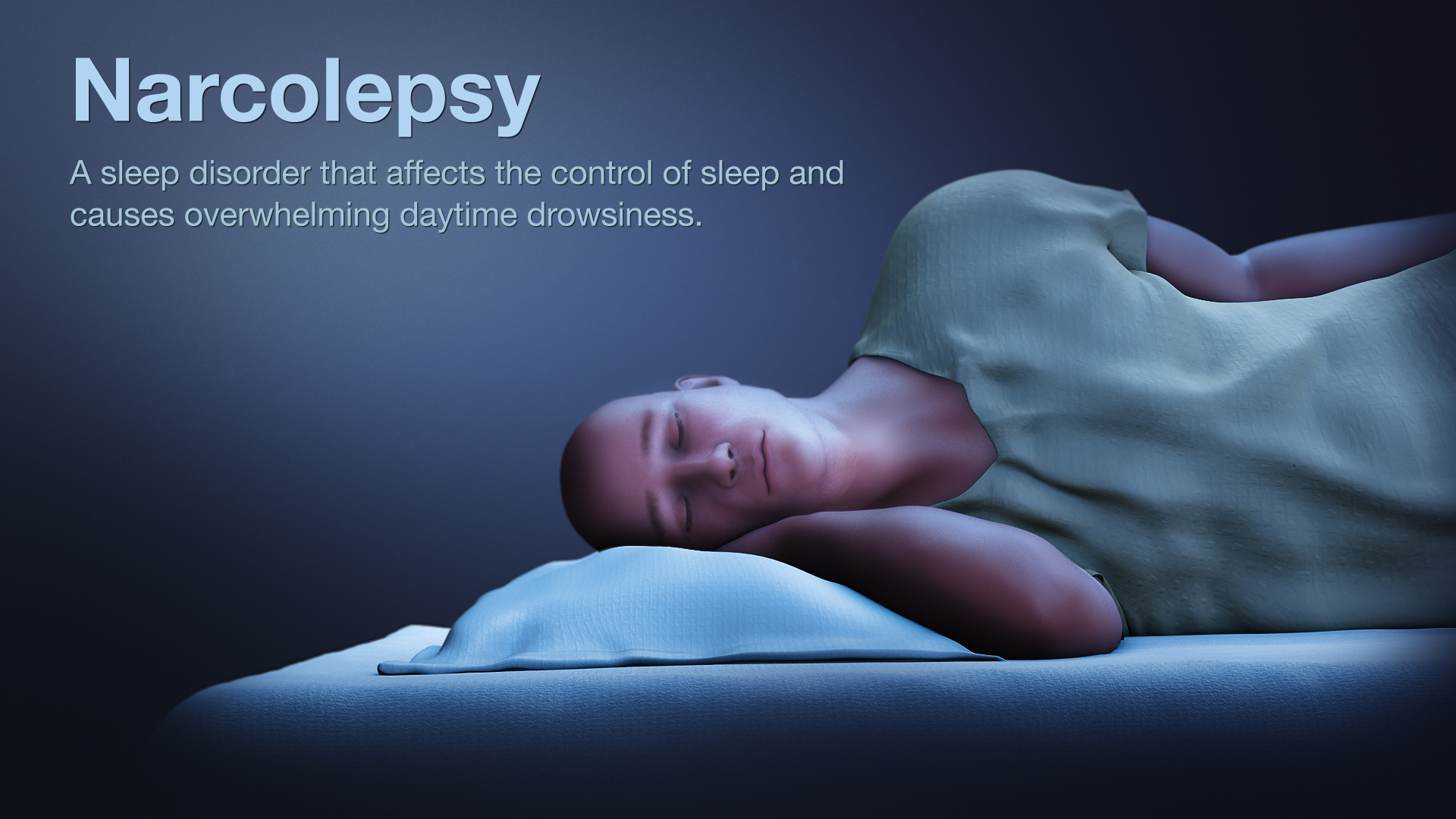Narcolepsy is a chronic sleep disorder. It is a neurological disorder in which the person suffering from this disorder experience excessive daytime sleepiness and uncontrollable and sudden attacks of sleep. Regardless of the circumstances, people with narcolepsy cannot stay awake for long periods of time. They undergo sleep attacks at any time of the day and during any activity. The symptoms usually start appearing in childhood or adolescence. This disorder can cause serious disruptions in daily routine.
Symptoms
The symptoms of narcolepsy are the most intense during the first few years and then may become mild and continue for life. They are :
- Excessive daytime sleepiness: People with narcolepsy fall asleep anytime and anywhere. This is usually the first symptom of narcolepsy and the most troublesome because it does not let a person concentrate and function properly.
- Cataplexy: There is a sudden loss of muscle tone and can cause a number of physical changes from slurred speech to complete weakness of most muscles and lasts for a few minutes. Some people may experience one or two episodes of cataplexy a year while some may have numerous episodes and there might be a few who do not experience cataplexy at all.
- Hallucinations: People with narcolepsy experience delusional hallucinations which are quite visual and can be frightening.
- Sleep paralysis: This symptom involves temporary ability to speak or move while falling off to sleep or upon waking up. This happens for a few seconds up to a few minutes and once the episode is over, people recover their capacity to speak and move.
- People with narcolepsy might also be suffering from other sleep disorders such as restless legs syndrome, obstructive sleep apnea, and insomnia amongst others.
Causes
The exact cause of narcolepsy is not known but genes play an important role in the development of narcolepsy. These genes control the production of chemicals in the brain that signal the sleep and wake cycles. Also, some abnormalities in the brain could also lead to the development of narcolepsy.
Treatment
There is no full cure for narcolepsy, but its most severe symptoms such as cataplexy, excessive daytime sleepiness, and abnormal REM sleep, can be controlled and managed in most cases with drug treatment. Lifestyle changes like avoiding alcohol, nicotine, caffeine, and heavy meals and scheduling naps in the day time, a regular exercise schedule and meals at regular intervals usually help in managing the symptoms.
Narcolepsy is a chronic condition. There is no full cure for it however support from family, friends, teachers, and employers can help a person cope with it.
Disclaimer: The information in no way constitutes, or should be construed as medical advice. Nor is the above article an endorsement of any research findings discussed in the article an endorsement for any of the source publications.









